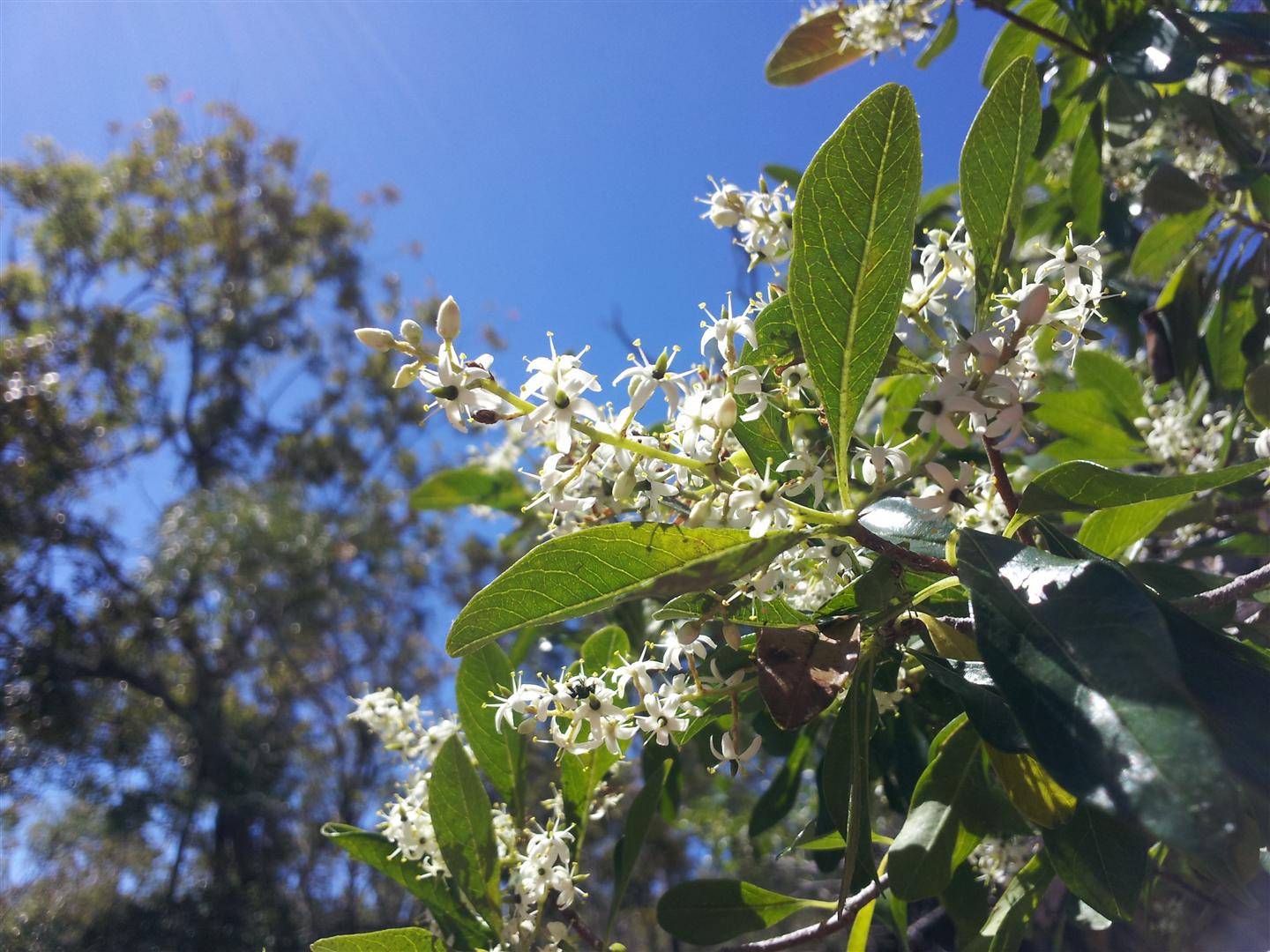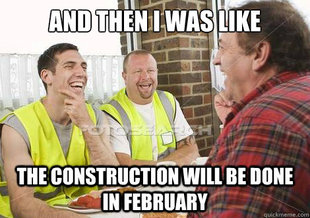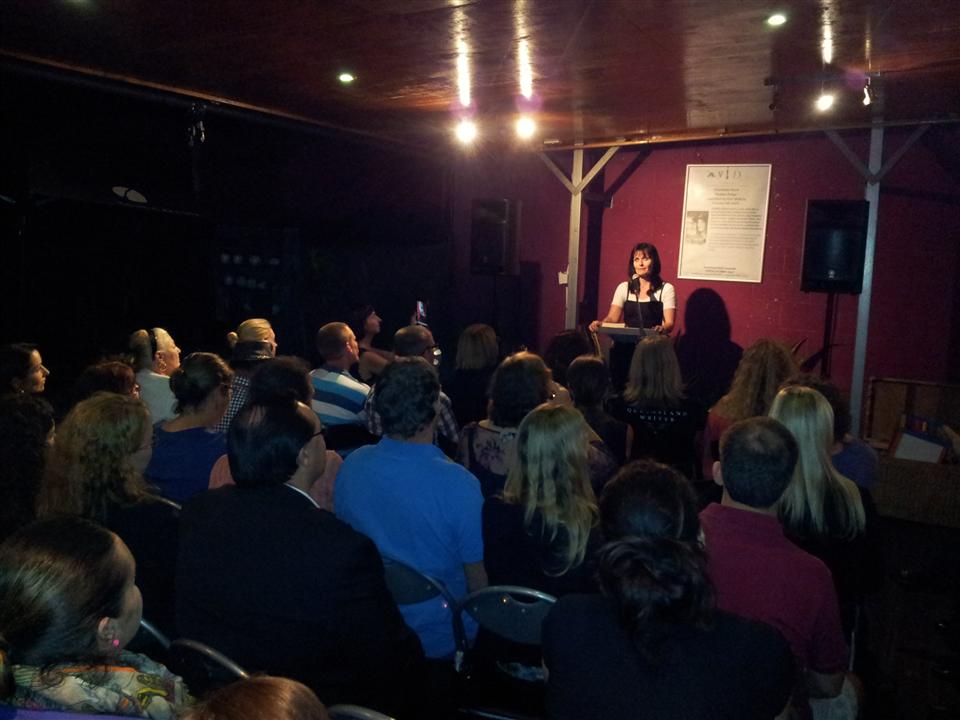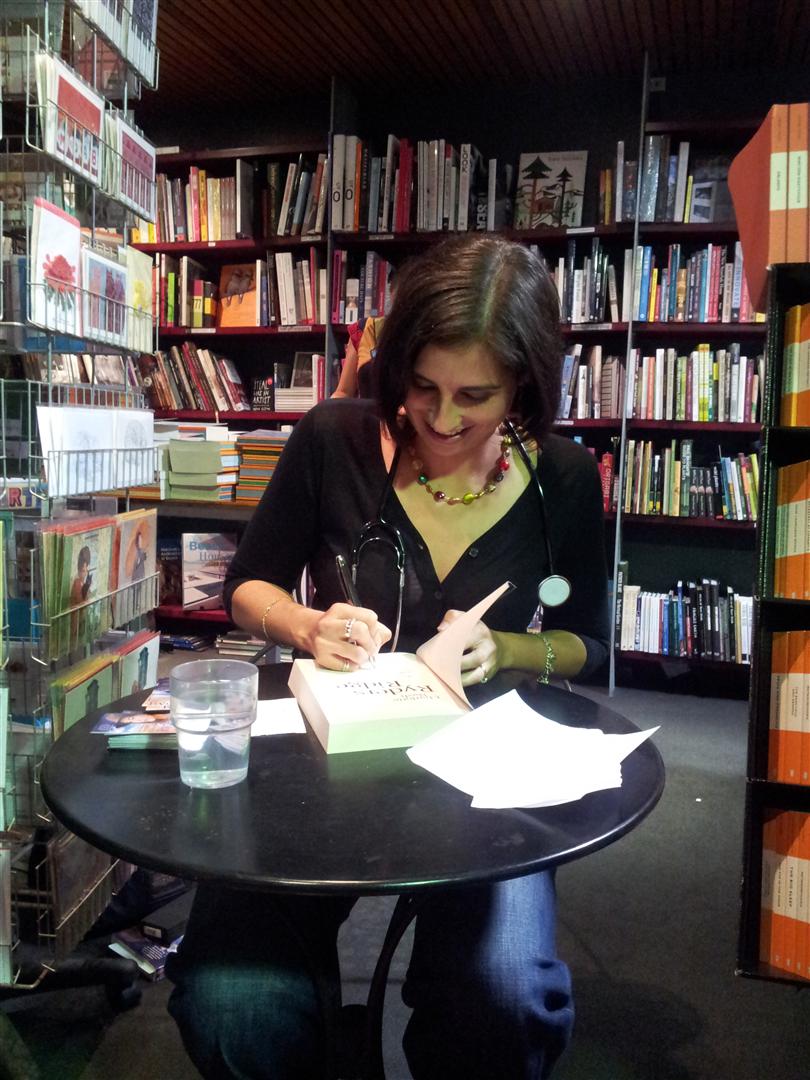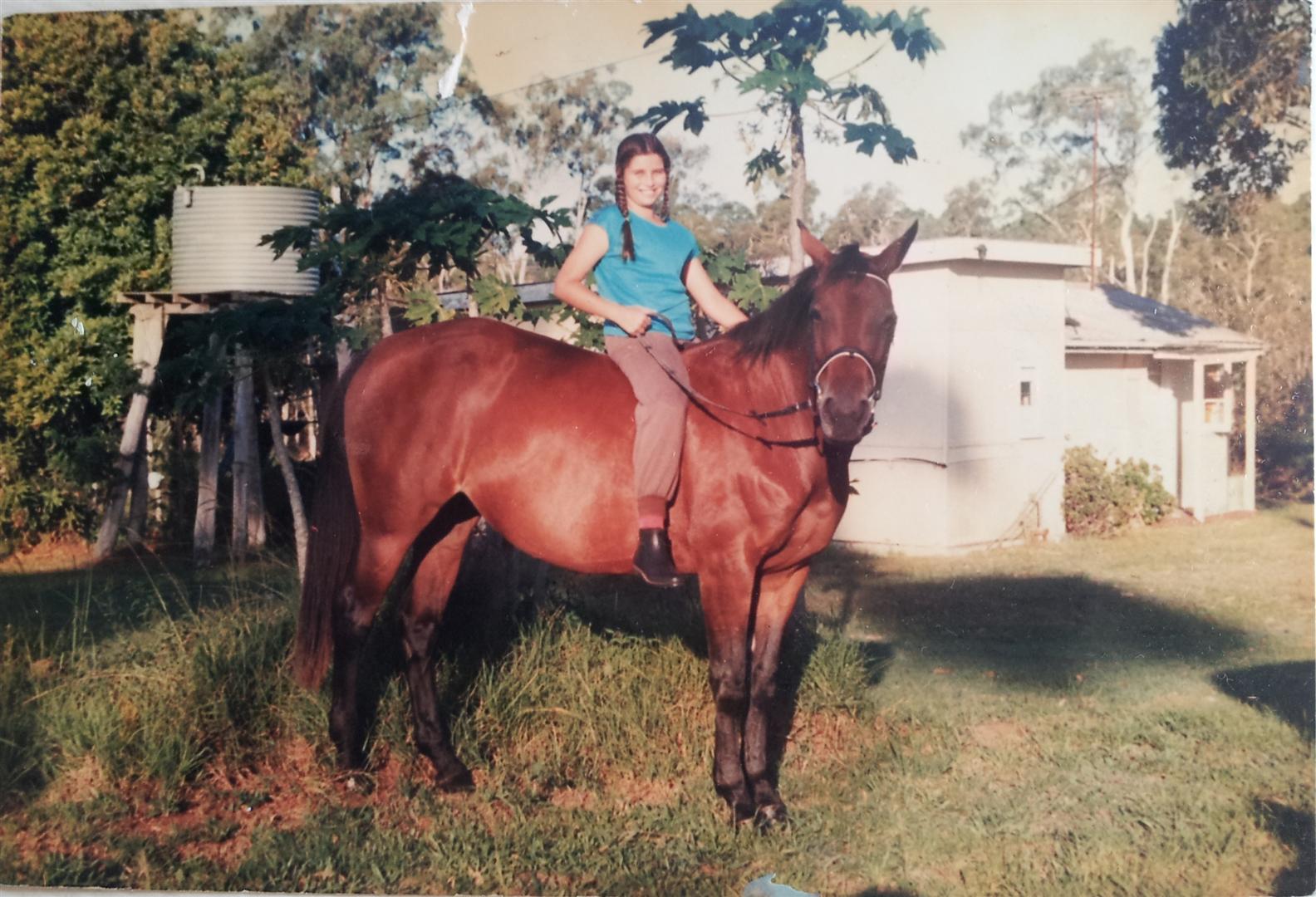 Now that we're approaching the business end of the uni semester, I'm spending a fair bit of time marking. Now, I love teaching for its own sake, but it's also a fabulously instructive experience for my own writing. And this week, after marking about 180 critiques of fiction, I've been thinking a bit about the art of critique.
I'm hardly the first to write about this, and I won't be the last (see here for a great vid on crit partners). Like many writers, I remember well my first experience of critique, and the meltdown that followed. Given I consider writing an apprenticeship, that was some sort of initiation ritual. But for those of us who didn't pack our bags after the experience, it does make you stronger. And by stronger, I really mean: tunes your senses for who's good to critique you and who isn't.
Now that we're approaching the business end of the uni semester, I'm spending a fair bit of time marking. Now, I love teaching for its own sake, but it's also a fabulously instructive experience for my own writing. And this week, after marking about 180 critiques of fiction, I've been thinking a bit about the art of critique.
I'm hardly the first to write about this, and I won't be the last (see here for a great vid on crit partners). Like many writers, I remember well my first experience of critique, and the meltdown that followed. Given I consider writing an apprenticeship, that was some sort of initiation ritual. But for those of us who didn't pack our bags after the experience, it does make you stronger. And by stronger, I really mean: tunes your senses for who's good to critique you and who isn't.
Good critique is an art. It balances being bold and honest with respect. It's the medicine that makes us better as writers, and it's much easier to keep taking it if it tastes pleasant (even if the side effects are still lots of work). Achieving this 'taste' (or tone) is difficult, but there's a few things that help with getting on the right track.
1. Critique is not a line edit. I can't tell you how many times critiques avoid talking about character, setting, or conflict and go straight for the red pen. Now, if someone's actually asked you to line-edit their work, that's different. But if you're reading a first draft (or any draft other than the last) there's no gains to make (except for your own ego) from spelling and grammar problems. You can address repeated issues of style, but they had better be repeated. This matters because spelling and grammar are the easiest things to fix in writing, and the last things. If you find yourself writing crit that you justify by casually mentioning to the author that you're just "nitpicking" now ... yeah, that shouldn't be in there. Story comes first.
2. Address the work, not the author. Authors write stories, but the story is a thing in itself. In written critiques, I find many times the critiquer saying "you did this", "you have this problem". Well, no. This particular story has that issue, not the author. The distinction is fine, but important; writing is an evolution, and who knows what state the author was in when this piece was written, or when it was written. So don't tie the problems to the author's psyche now. Perhaps the biggest reason not to do this, though, is the tone problem. Few people can pull off "you" without sounding accusatory.
3. Own your opinions and insecurities. Here, I'm not talking about suggesting things that are simply to your own taste. A writer should know that a critique is someone's opinion, and treat it as such. But if you have serious hang-ups about certain themes or topics, it's obvious. Really. So be big enough to push them aside when you crit. Or even decline to crit something you know you're going to struggle with. If you loathe sci-fi, then perhaps critting sci-fi's not going to be the best use of your time, or the author's.
4. Speak in enhancements, not detractors. Any time you find yourself telling the author their story has "problems", "issues", "flaws", think again. The author knows, deep down, that there are problems (or if they don't, the crit will tell them whatever its language). As a good critter, though, you're not just a problem identifier - you're also a fixer. And that means talking the language of fixing. "These are some suggestions that will enahance the story ..."; "I think paragraph three is a stronger opening"; "I'd like to see how Ralph reacts to the mutant lizard - is he scared? Overwhelmed? Irrationally brave?" ... these work much better than: "Your story has several problems I'll now list.", "You want to watch you don't overuse x literary device, or you'll alienate readers". See what I mean?
Also, pointing a writer towards an established author with a similar story/idea/technique and telling them to go read that to see "how it's done" is always in bad taste.
5. Serve it cold. Many a critter (haha) gets worked up about problems in a story, and that heat comes through on the page. Like any piece, take the time to rest a critique and read it back. Does it reek with frustration like a fetid gym sock? If so, maybe you need to cool off and strike out those feelings. Crit should come from a zen place, the critter wise, exact, and emotionally stable.
Above all, imagine you are the author who's going to have to read or hear the critique. Would you still be happy with the tone? Would you read it as balanced, kind and fair? Or snarky and reeking of one-up-manship? Remember, all the teaspoon-of-cementers, that even well-delivered crit is enough for the author to melt down. It is medicine, for sure, with clinically observable effects. Knowing your writing needs work is bad enough; no need to make the knowledge taste bad, too!


